Animals
15 Myths About Cats That Simply Aren’t True
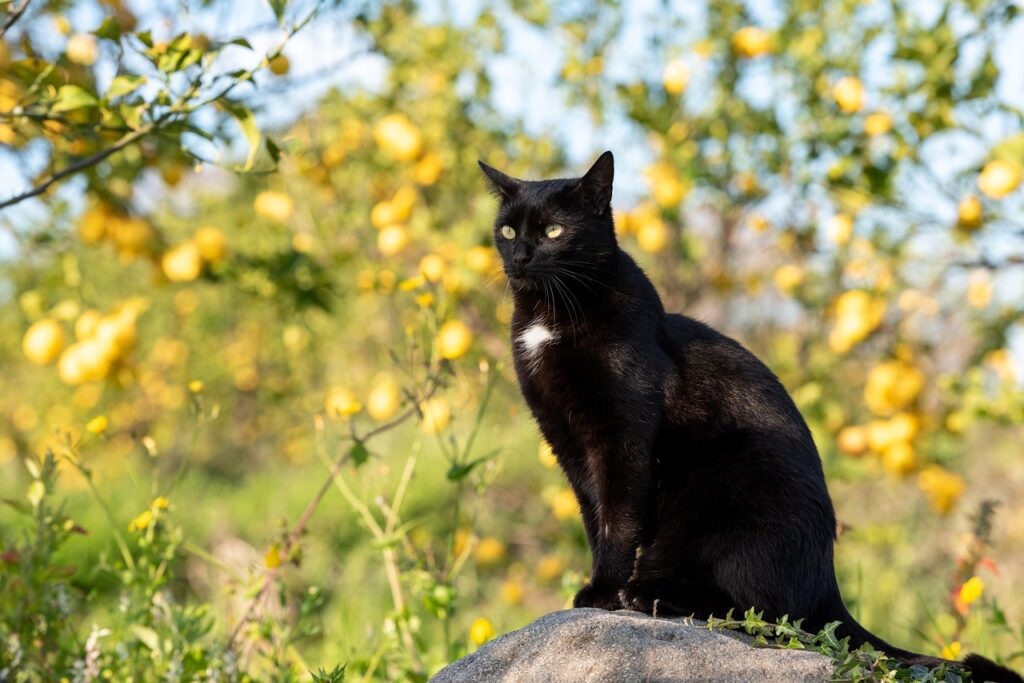
Cats have been surrounded by mystery for centuries, and with that mystery comes a long list of myths that won’t disappear. From being seen as cold or sneaky to ideas about their abilities and behavior, these outdated beliefs paint the wrong picture. If you’ve spent time around cats, you’ll know the truth is much more interesting and a lot less dramatic than the myths suggest.
Cats Are Not Affectionate
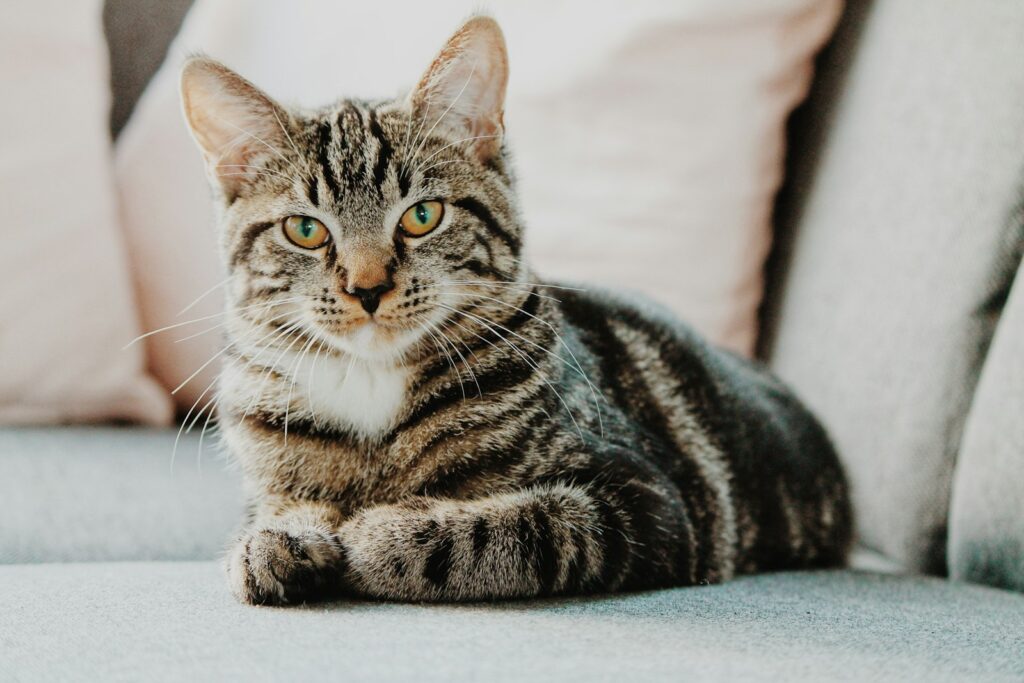
Many people think cats are cold and distant, but anyone who lives with one knows they show affection in quiet, meaningful ways. Some cuddle close, others follow you from room to room, and some purr like engines just from being near you. Cats are just more subtle than dogs, and once they trust you, they’ll show you more love than you might expect—just on their terms.
Cats Always Land on Their Feet
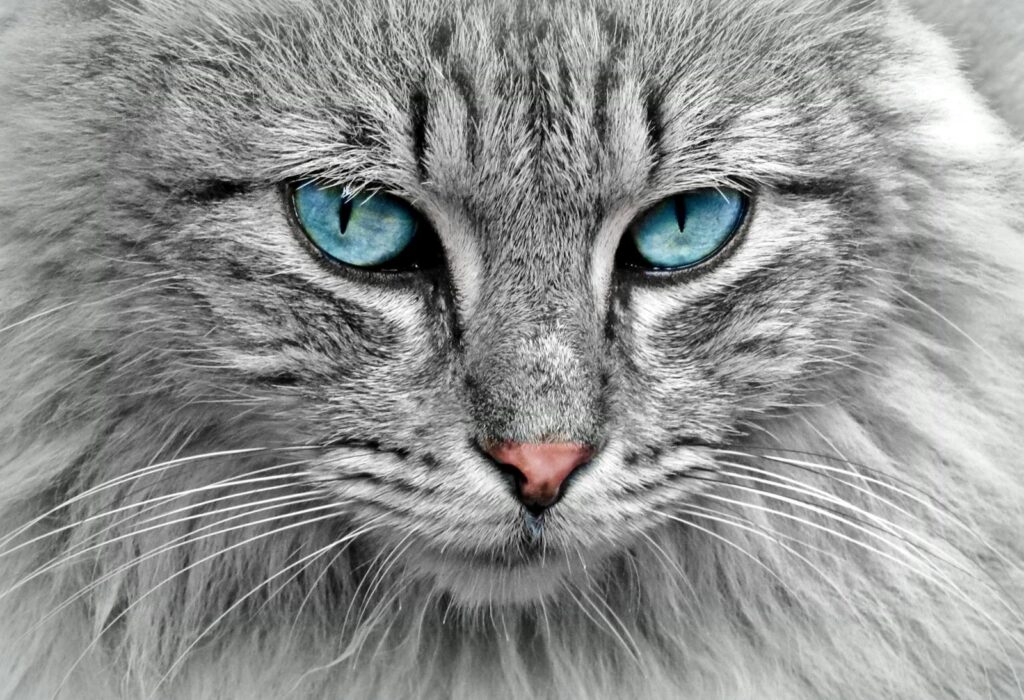
Cats are graceful, but the idea that they always land on their feet is misleading and can be dangerous. While they have a natural ability to twist in midair and reduce injury, that doesn’t guarantee a safe landing every time. Falls from tall places can still hurt them, and short drops don’t give them time to react.
You Can’t Train a Cat
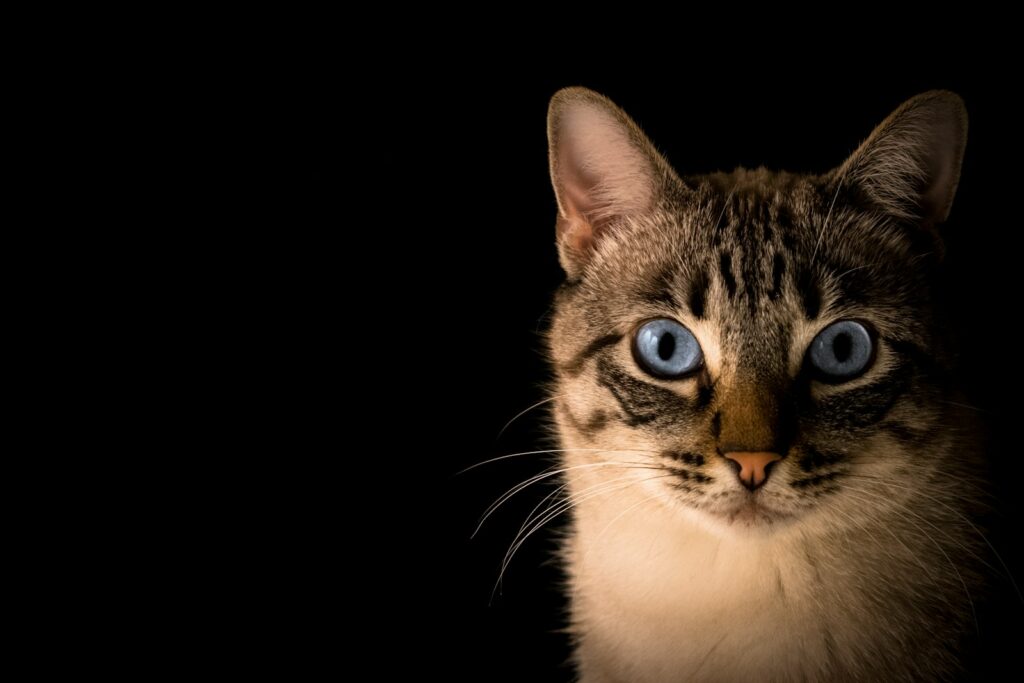
People often assume cats can’t be trained, but that’s far from the truth. Cats can learn commands, routines, and even tricks using positive reinforcement. They’re smart, curious, and motivated by food or praise—just like dogs. It just takes patience and understanding that cats respond best when they choose to participate, not when they feel forced. Yes, even a high five is possible.
Cats Hate Water
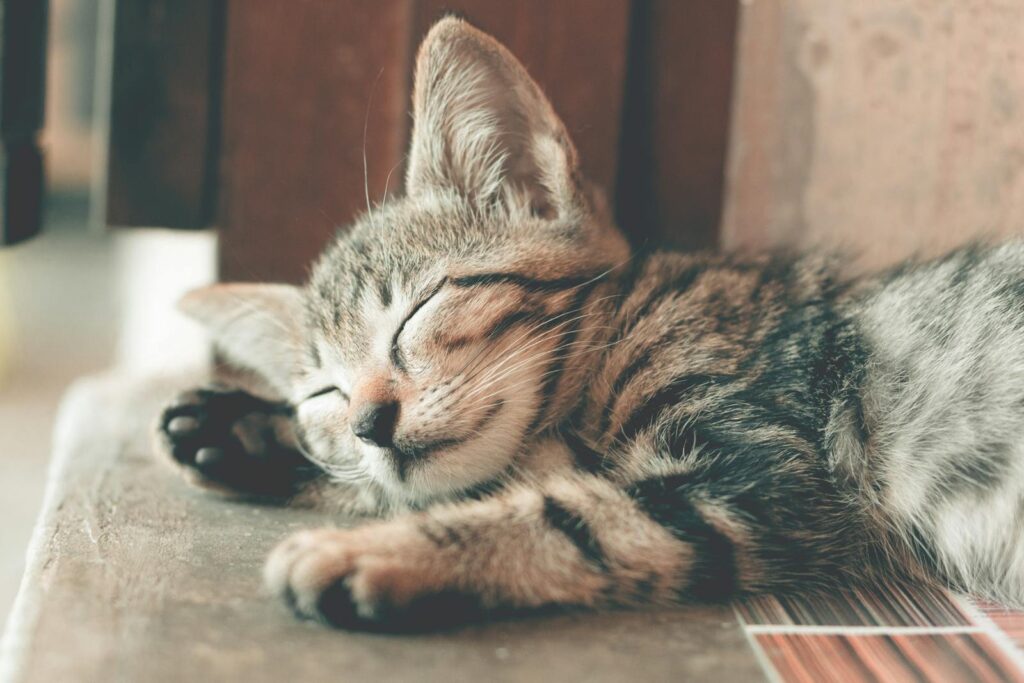
It’s true that many cats avoid water, but not all of them hate it. Some are fascinated by dripping faucets, others don’t mind baths, and certain breeds like the Turkish Van are even known to swim. Often, it’s about how they’re introduced to water. So, while it’s a popular belief, the idea that all cats are terrified of water doesn’t hold up for every feline.
Black Cats Are Bad Luck

This myth goes way back to old superstitions, but today we know black cats are just as sweet, loving, and lucky as any other. In some cultures, they’re seen as good luck. Unfortunately, this old belief still affects adoption rates for black cats. The truth is, their sleek fur and mysterious charm make them some of the most beautiful and loving pets out there.
Cats Are Nocturnal
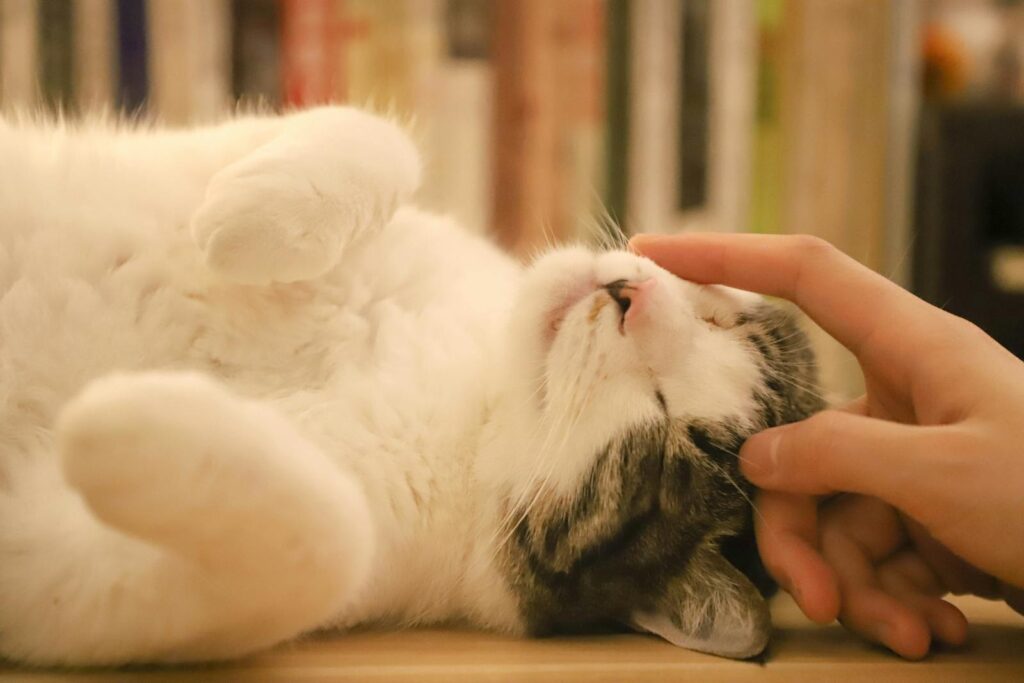
Cats aren’t truly nocturnal. They’re actually crepuscular, which means they’re most active during dawn and dusk. That’s why they love to zoom around early in the morning and just before bedtime. They do nap a lot during the day, but they’re not built to be up all night like owls. Understanding this can help you plan playtime better and keep your cat from waking you at 3 a.m.
Pregnant Women Must Get Rid of Their Cats

Many believe cats pose a serious risk to pregnant women due to toxoplasmosis, but the truth is more balanced. While the parasite is real, the risk of catching it from your cat is extremely low, especially with basic hygiene. Avoiding litter box duty and practicing regular hand-washing usually removes any concern. You don’t have to give up your cat—take a few smart precautions.
Cats Are Low-Maintenance Pets
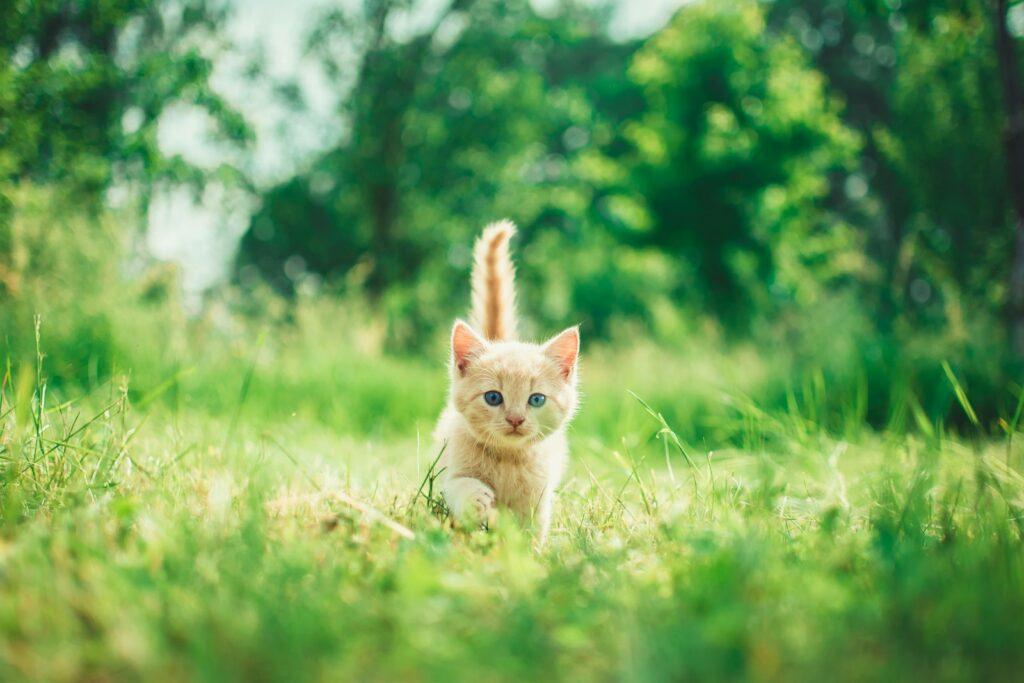
Cats are often considered easy pets that don’t require much care but need more attention than people assume. They crave interaction, mental stimulation, regular vet visits, and a clean environment. While they’re more independent than dogs, they still get bored, stressed, or sick if ignored. Owning a cat means providing love, structure, and attention.
Cats Only Purr When They’re Happy
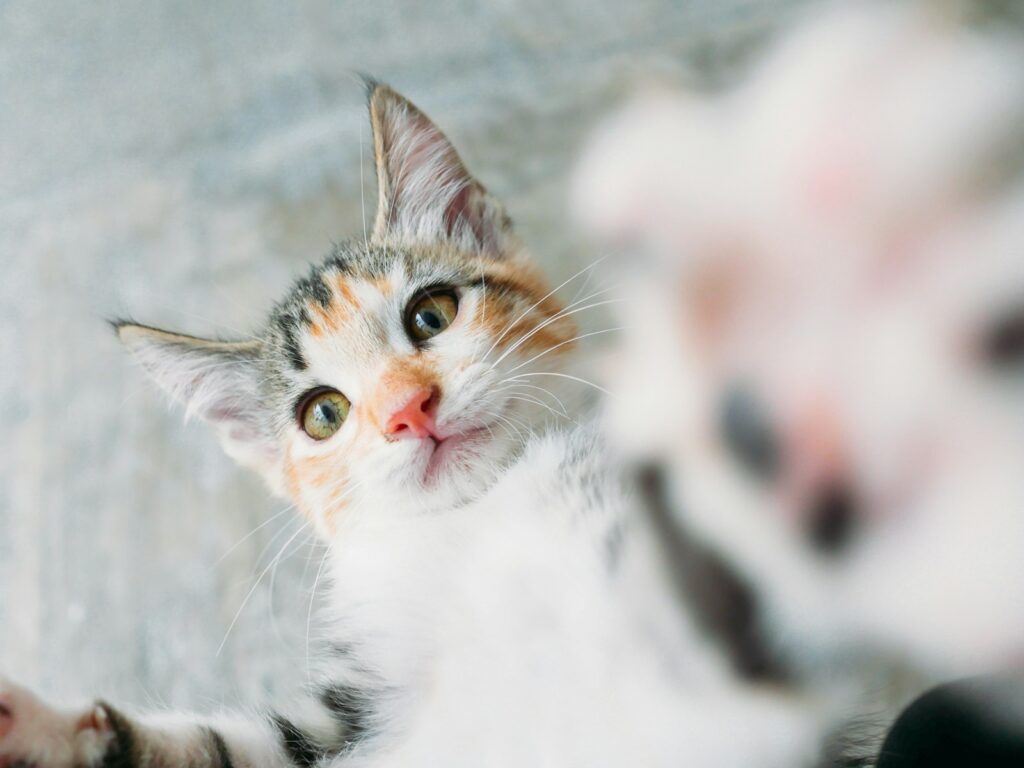
Purring is seen as a sign of contentment, and while that’s sometimes true, it’s not the whole story. Cats also purr when they’re anxious, hurt, or even scared. It can be a way to self-soothe or communicate stress. So, while it feels comforting to hear, it’s very important to look at your cat’s body language and the situation to know what they’re really feeling.
Declawing a Cat Is Harmless
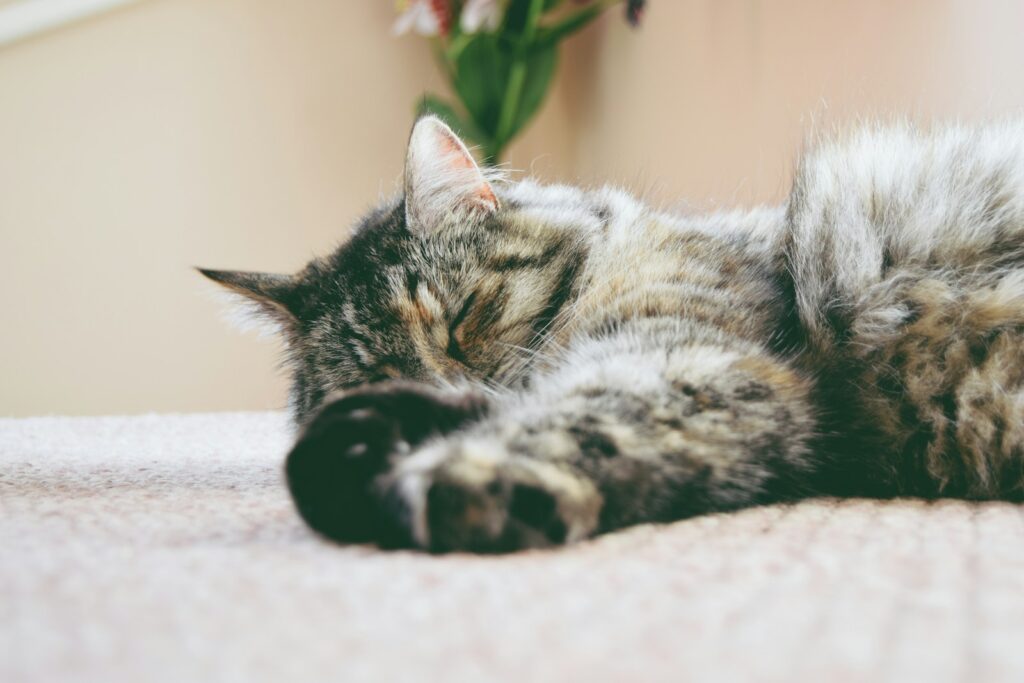
Many still believe declawing is like trimming nails, but it’s actually much more serious. It’s the removal of part of the cat’s toes. It can cause long-term pain, behavioral changes, and problems with balance. Thankfully, more people are becoming aware of the harm and choosing better solutions like nail trimming or scratching posts.
Cats Can Take Care of Themselves
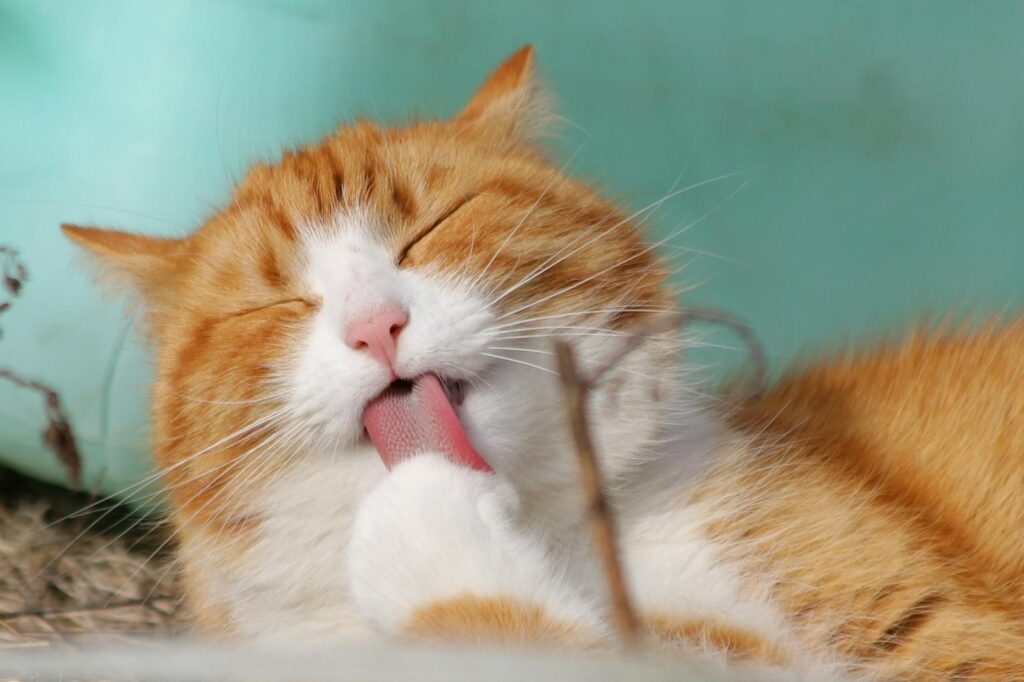
Cats are independent, yes, but that doesn’t mean they don’t need you. They rely on you for food, clean water, medical care, and attention. Leaving them alone for too long can lead to boredom, stress, or health issues. They may act like they’ve got things under control, but deep down, they still need their human presence to feel safe and cared for.
Cats Are Always Aloof

Cats are very famous for being distant, but that’s only part of the story. Some are shy or independent, but many are total cuddle bugs who love to be near you, talk to you, or nap on your lap. Their social needs vary, but they definitely feel bonds with their people. What seems like aloofness might be a more subtle way of showing love.
You Should Give Cats Milk

Cartoons may have convinced generations that cats love milk, but most adult cats are actually lactose intolerant. Drinking milk can cause upset stomachs, diarrhea, and discomfort. While kittens drink milk from their mother, grown cats are better off with water and proper nutrition. If you want to give them a treat, there are special cat-safe milk, but regular cow’s milk should stay off the menu.
Cats Don’t Get Attached to People

Some people think cats only care about who feeds them, but science and real-life experience prove otherwise. Cats form deep emotional bonds and recognize their humans’ voices, routines, and presence. They may not show it in the same way dogs do, but they notice when you leave and often greet you at the door. Their affection is real—it’s just a little more mysterious.
Indoor Cats Don’t Need Vet Visits
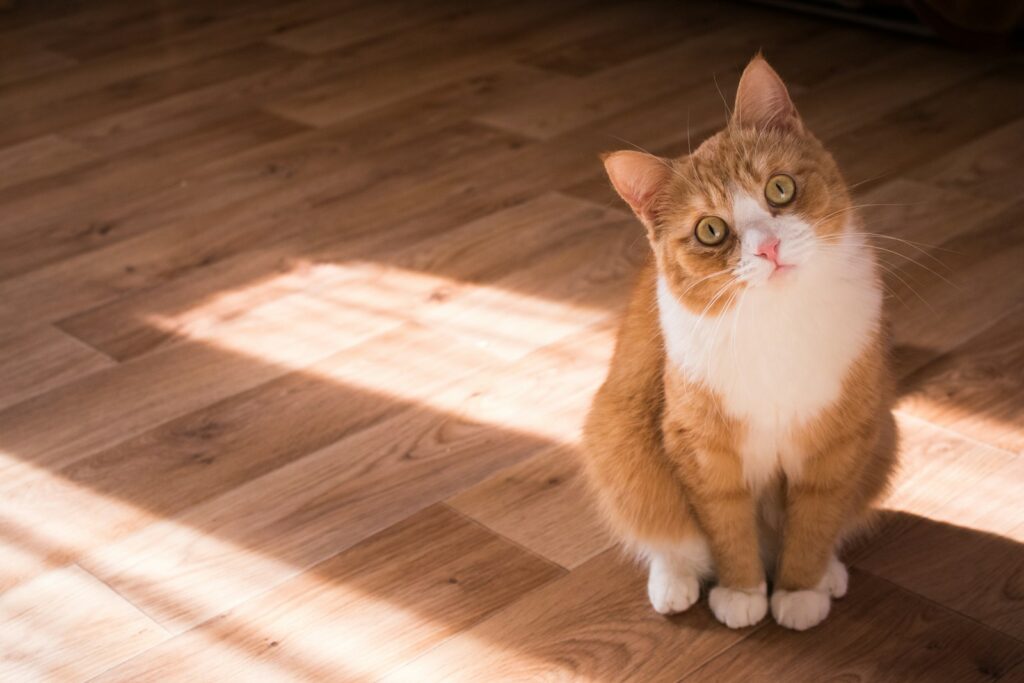
Just because a cat lives indoors doesn’t mean they’re immune to health issues. They can still get infections, dental diseases, or conditions like diabetes and arthritis. Regular vet checkups help catch problems early and keep your cat living a longer, healthier life. Skipping vet care just because your cat never goes outside is a risky myth that every responsible cat owner should ignore.

